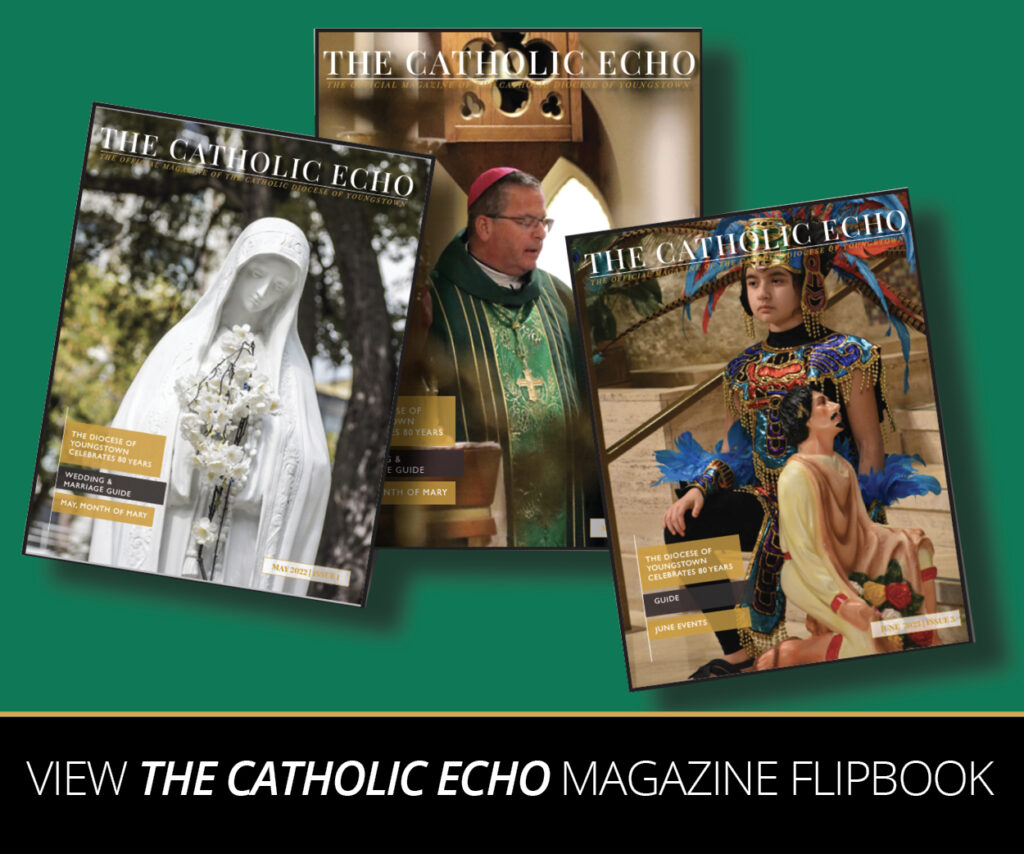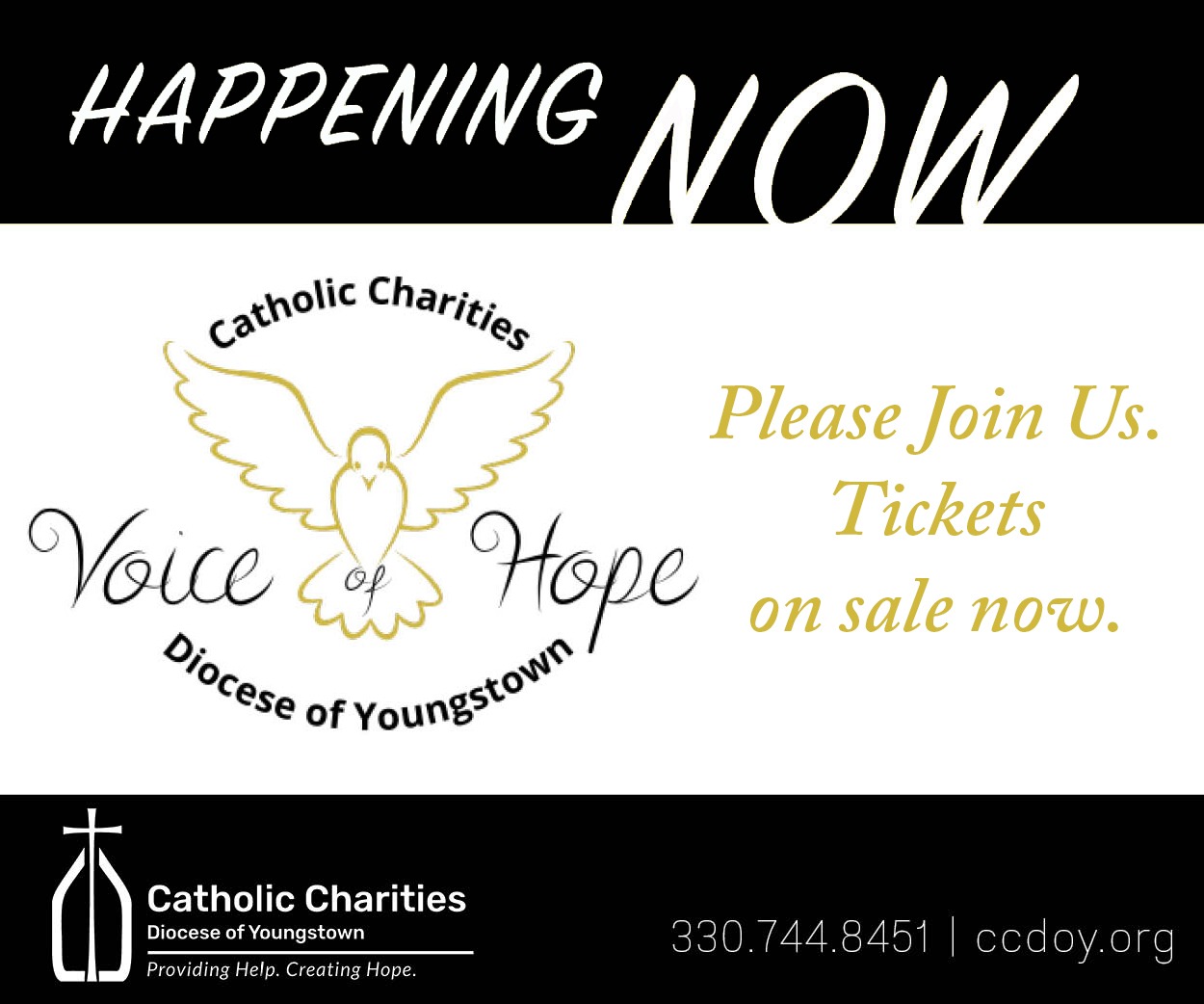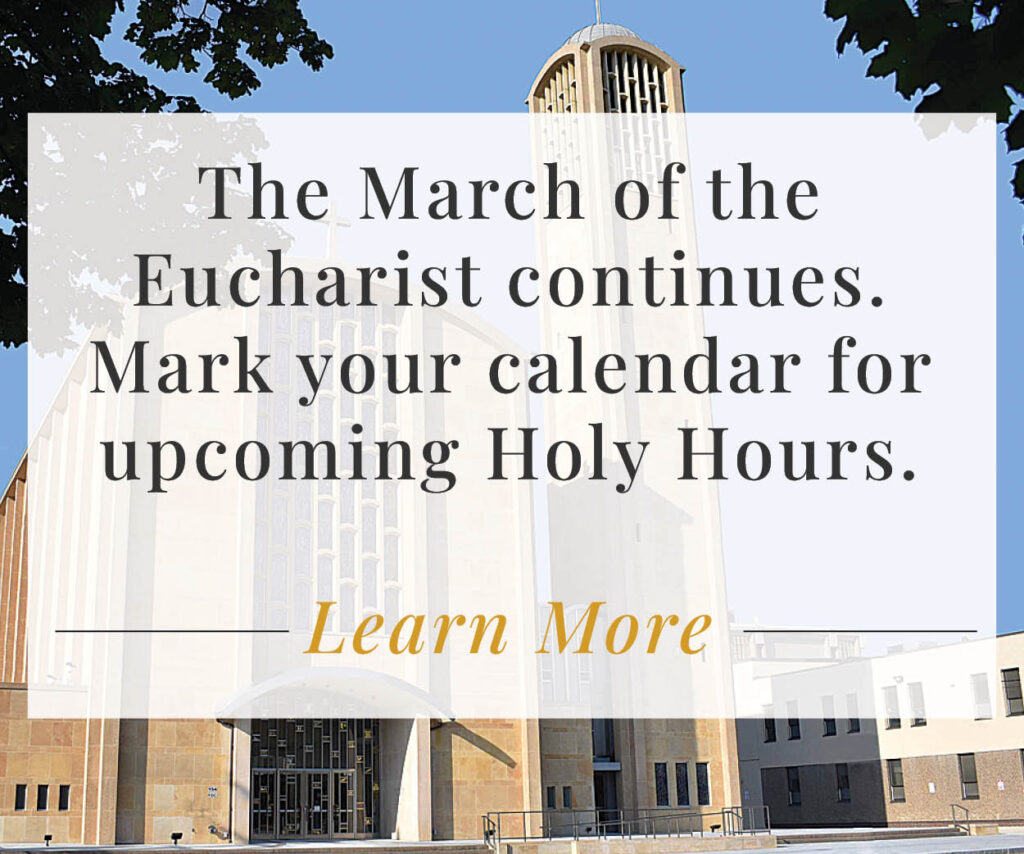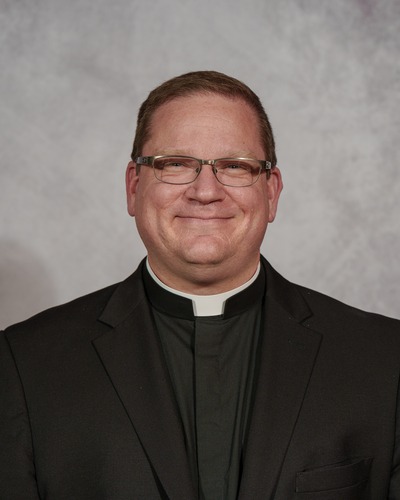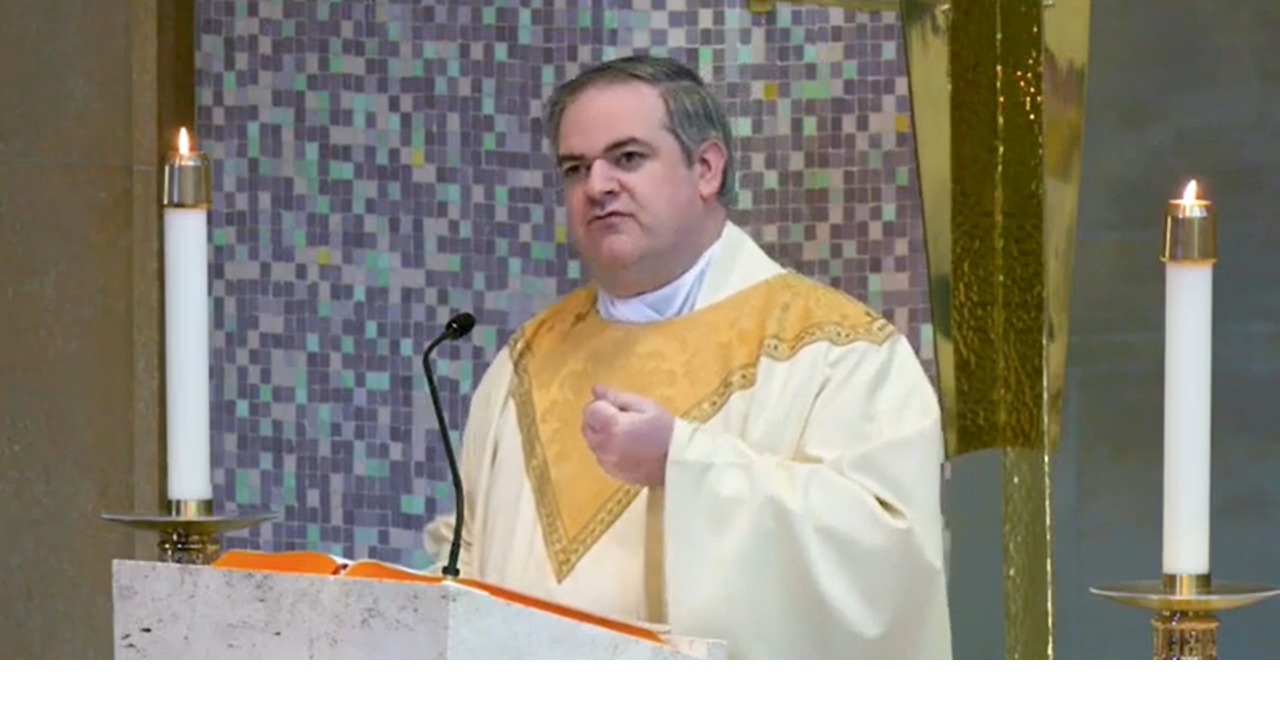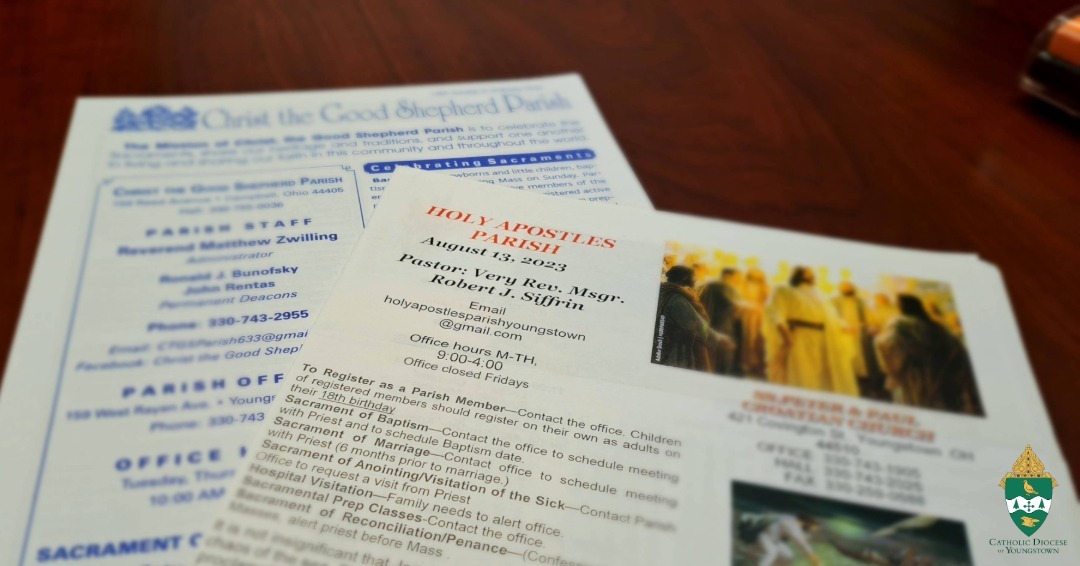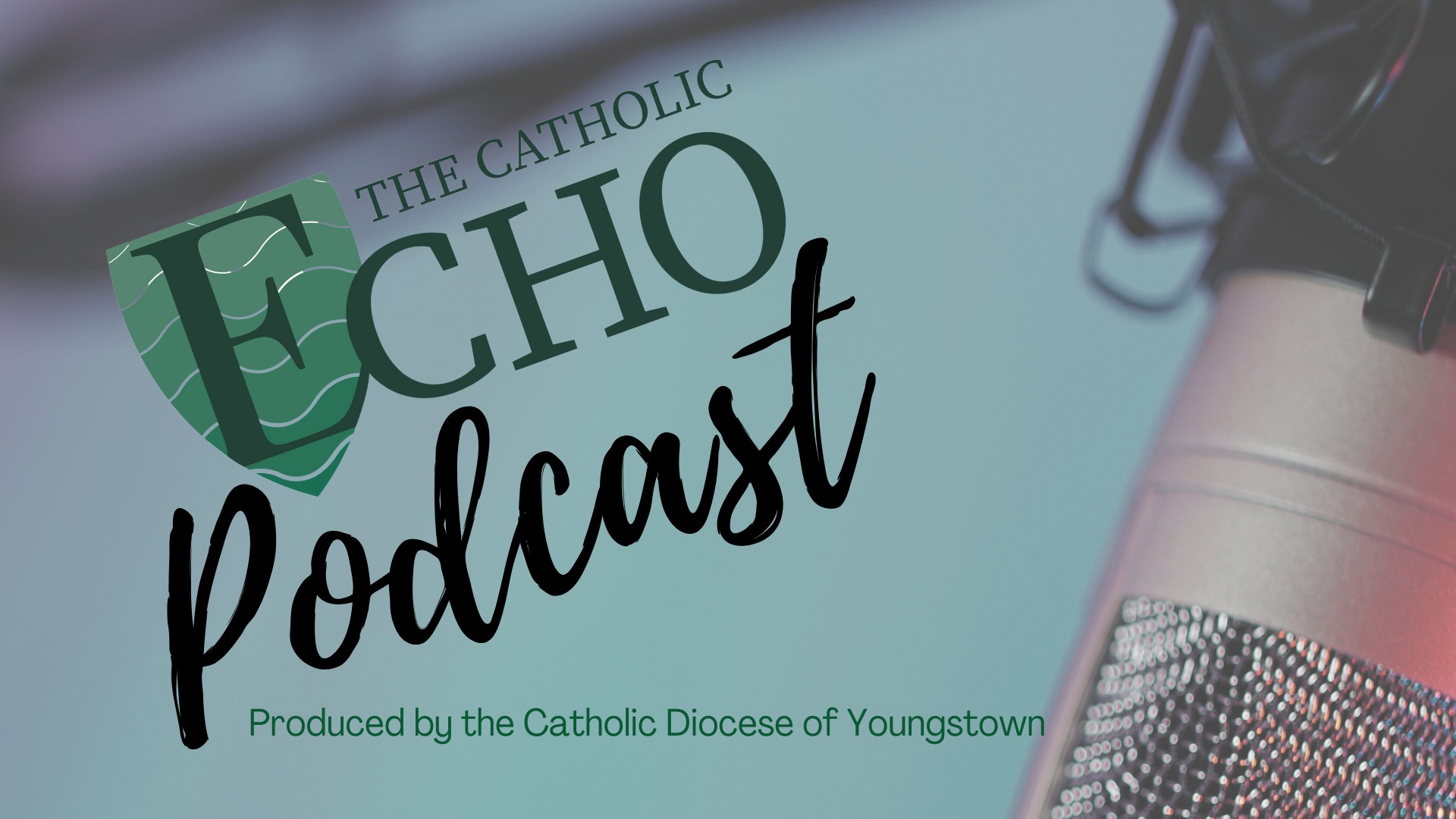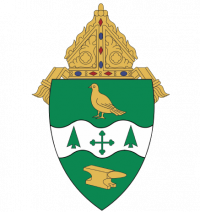Haga clic para la traducción al español.
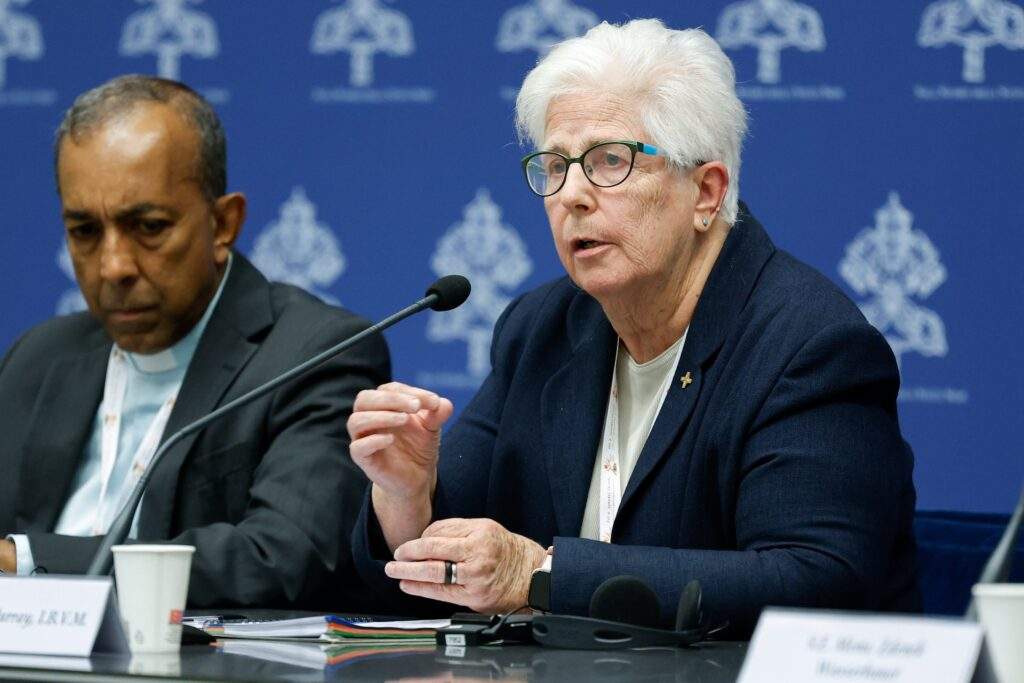
VATICAN CITY (CNS) — The synodal way is not an invention of Pope Francis, but it is based on Jesus’ way of inclusivity and listening, and on divine revelation itself, said Redemptorist Father Vimal Tirimanna, a leading moral theologian from Sri Lanka.
As participants in the assembly of the synod on synodality begin their third week Oct. 16, continuing with their small group discussions, “the round tables themselves are a symbol of the ecclesiology of ‘Lumen Gentium,'” he said, referring to the Second Vatican Council document on the nature of the church and the role of its members.
“This synodal process is not a private agenda of Pope Francis. It is a continuation of Vatican II,” said Father Tirimanna, who teaches theology at a number of pontifical universities in Rome and is a voting member of the synod. He and others spoke to reporters Oct. 16 about their synod experience.
Father Tirimanna spoke about sitting at different round tables, made up of 10 to 12 cardinals, bishops, religious and lay people, and how lay people are “rubbing their shoulders with the hierarchy in a concentric church, not a pyramidal church.”
“Not that the pyramidal church is bad, we need that, but the ecclesiology of ‘Lumen Gentium’ is lived. The synodal way, the culture of synodality is lived here. The challenge is to take it outside the synodal hall,” he said.
A reporter asked the panel of synod participants whether discussions had included recognizing the hurt or pain the church may have caused people in the LGBTQ+ community and others as well.
Loreto Sister Patricia Murray, executive secretary of the International Union of Superiors General, responded saying, “there is a deep awareness of the pain and suffering that has been caused,” and “the question of hurt and the woundedness of people both individually and collectively” has been brought up “and listened to.”
There has also been discussion about “how to symbolically, in a sense, represent that hurt. Some people have said, ‘sorry’ is not enough,” she said.
The question becomes “how does the church, in her own pastoral and liturgical way, give sign and symbol of seeking forgiveness for hurts that have been caused,” she said. “And this is something under reflection.”
Father Tirimanna responded, “I can assure you that everybody is included. The effort is to include everybody,” and not just the LGBTQ+ community. “There are so many other groups” that are marginalized and wounded and need pastoral attention, such as the extreme poor.
“The synodal process is an effort not to exclude anyone, because Jesus’s vision was inclusion,” he added.
Auxiliary Bishop Zdenek Wasserbauer of Prague also responded, saying the damage caused by colonialism has been raised “a lot” by participants representing Asia and Africa. “We are trying as members of the synod to have an open heart to all the pain of all groups and individuals of the world today.”
When asked how big of a role divine revelation and apostolic tradition were playing in the synod process, given the many different issues being raised, such as blessing same-sex couples or the ordination of women deacons, Father Tirimanna said, “divine revelation is playing a leading role.”
“The discussions are fully enwrapped if not fully covered by both the elements of apostolic tradition” and revelation, he said, as “the Word of God, apostolic tradition, the magisterium, these are all part of revelation.”
“This is not something that suddenly fell down from heaven, or something that Pope Francis has invented. These are all based on divine revelation, the synodal way itself,” he said.
And while it is true “different people have their particular issues” they would like addressed, he said, “let’s not forget, we are here a communion of believers” and “once the firm foundation of the synodal way of life is laid, those things can be built up on that.”
“The most important thing is not to address whether a woman can be ordained, whether LGBTQ should be accepted, whether gay marriage should be blessed. Not that they are not important, but if we are serious about the church, a universal church, a church that is worldwide, we have to lay a firm foundation that includes everybody’s interest,” he said.
“So first we lay the foundation, the foundation of the synodal way, a synodal culture, a listening culture, a culture that includes (all people) automatically, (then) these issues are bound to come sooner if not later,” the priest said.
Cardinal Blase J. Cupich of Chicago told Catholic News Service Oct. 16, “There is really a serenity in the group, where people especially appreciate the fact that they’re free to speak their mind.”
“There really is absolutely no attention to people’s positions or titles in the church,” but everyone can talk about issues and raise concerns, he said. “This freedom, the internal freedom of people, is really going to allow us to raise the critical issues of the day, the issues that people are talking about.”
The heart of the synod, Cardinal Cupich said, is the question, “How is the mission going to be the priority as we carry on the work today?”
The synod members began work Oct. 13 on the third section, or module, of the working document, “Co-responsibility in mission,” which included questions about the place and role of women in the church.
Copyright ©2023 Unless otherwise noted: © OSV News / Our Sunday Visitor, Inc. 2023; all content before December 31, 2022 © Catholic News Service / U.S Conference of Catholic Bishops. Send questions about this site to osvnews@osv.com.
Las conversaciones del Sínodo incluyen abordar el dolor que la Iglesia ha causado a las personas
Por Carol Glatz, Catholic News Service
CIUDAD DEL VATICANO (CNS) — El camino sinodal no es una invención del Papa Francisco, sino que se basa en el modo de inclusión y escucha de Jesús, y en la revelación divina misma, dijo el padre redentorista Vimal Tirimanna, un destacado teólogo moral de Sri Lanka.
Mientras los participantes en la asamblea del sínodo sobre la sinodalidad comienzan su tercera semana el 16 de octubre, continuando con sus discusiones en grupos pequeños, “las mesas redondas en sí mismas son un símbolo de la eclesiología de la ‘Lumen Gentium'”, dijo, refiriéndose al Documento del Concilio Vaticano Segundo sobre la naturaleza de la Iglesia y el papel de sus miembros.
“Este proceso sinodal no es una agenda privada del Papa Francisco. Es una continuación del Vaticano II”, dijo el padre Tirimanna, quien enseña teología en varias universidades pontificias de Roma y es miembro con derecho a voto en el sínodo. Él y otros hablaron con los periodistas el 16 de octubre sobre su experiencia en el sínodo.
El padre Tirimanna habló de sentarse en diferentes mesas redondas, compuestas por entre 10 y 12 cardenales, obispos, religiosos y laicos, y de cómo los laicos “se codean con la jerarquía en una iglesia concéntrica, no en una iglesia piramidal”.
“No es que la iglesia piramidal sea mala, la necesitamos, pero se vive la eclesiología de la ‘Lumen Gentium’. Aquí se vive el camino sinodal, la cultura de la sinodalidad. El desafío es sacarlo del salón sinodal”, dijo.
Un periodista preguntó al panel de participantes del sínodo si las discusiones habían incluido el reconocimiento del daño o dolor que la Iglesia pudo haber causado a las personas de la comunidad LGBTQ+ y también a otras personas.
La hermana de Loreto Patricia Murray, secretaria ejecutiva de la Unión Internacional de Superioras Generales, respondió diciendo: “hay una profunda conciencia del dolor y sufrimiento que se ha causado” y “el tema del dolor y las heridas de las personas, tanto individual como colectivamente” ha sido traído “y escuchado”.
También ha habido discusión sobre “cómo representar simbólicamente, en cierto sentido, ese dolor. Algunas personas han dicho que ‘lo siento’ no es suficiente”, dijo.
La pregunta es “¿cómo puede la Iglesia, en su propia forma pastoral y litúrgica, dar señal y símbolo de buscar perdón por los daños que han sido causados?”, dijo. “Y esto es algo que se está reflexionando”.
El padre Tirimanna respondió: “Puedo asegurarles que todos están incluidos. El esfuerzo es para incluir a todos”, y no sólo a la comunidad LGBTQ+. “Hay muchos otros grupos” que están marginados y heridos y necesitan atención pastoral, como los extremadamente pobres.
“El proceso sinodal es un esfuerzo por no excluir a nadie, porque la visión de Jesús era la inclusión”, añadió.
El obispo auxiliar Zdenek Wasserbauer de Praga también respondió diciendo que los participantes representantes de Asia y África habían planteado “mucho” los daños causados por el colonialismo. “Estamos intentando, como miembros del sínodo, tener un corazón abierto a todo el dolor de todos los grupos e individuos del mundo de hoy”.
Cuando se le preguntó qué papel desempeñaban la revelación divina y la tradición apostólica en el proceso del sínodo, dados los diferentes temas que se planteaban, como la bendición de parejas del mismo sexo o la ordenación de mujeres diáconos, el padre Tirimanna dijo: “la revelación divina está desempeñando un papel protagónico”.
“Las discusiones están completamente envueltas, si no completamente cubiertas, tanto por los elementos de la tradición apostólica” como por la revelación, dijo, ya que “la Palabra de Dios, la tradición apostólica, el magisterio, son todos parte de la revelación”.
“Esto no es algo que cayó repentinamente del cielo, o algo que el Papa Francisco haya inventado. Todo esto se basa en la revelación divina, el camino sinodal mismo”, dijo.
Y si bien es cierto que “diferentes personas tienen sus problemas particulares” que les gustaría abordar, dijo, “no lo olvidemos, aquí somos una comunión de creyentes” y “una vez que se establezcan las bases firmes del estilo de vida sinodal, aquellas cosas se pueden construir sobre eso.”
“Lo más importante no es abordar si una mujer puede ser ordenada, si se debe aceptar a una persona LGBTQ, si se debe bendecir el matrimonio homosexual. No es que no sean importantes, pero si nos tomamos en serio la Iglesia, una Iglesia universal, una Oglesia que es mundial, tenemos que sentar una base firme que incluya los intereses de todos”, dijo.
“Así que primero sentamos las bases, los cimientos del camino sinodal, una cultura sinodal, una cultura de escucha, una cultura que incluye (a todas las personas) automáticamente, (luego) estas cuestiones seguramente llegarán más pronto, si no más tarde”, dijo el sacerdote.
El cardenal Blase J. Cupich de Chicago dijo al Catholic News Service el 16 de octubre: “Hay realmente una serenidad en el grupo, donde la gente aprecia especialmente el hecho de que son libres de decir lo que piensan”.
“Realmente no se presta absolutamente ninguna atención a las posiciones o títulos de las personas en la Iglesia”, pero todos pueden hablar sobre temas y plantear inquietudes, dijo. “Esta libertad, la libertad interna de las personas, realmente nos permitirá plantear temas críticos del momento, las preguntas de las que la gente está hablando”.
El corazón del sínodo, dijo el Cardenal Cupich, es la pregunta: “¿Cómo va a ser la misión la prioridad mientras llevamos a cabo el trabajo hoy?”
Los miembros del sínodo comenzaron a trabajar el 13 de octubre en la tercera sección, o módulo, del documento de trabajo, “Corresponsables en la misión”, que incluía preguntas sobre el lugar y el papel de la mujer en la Iglesia.
